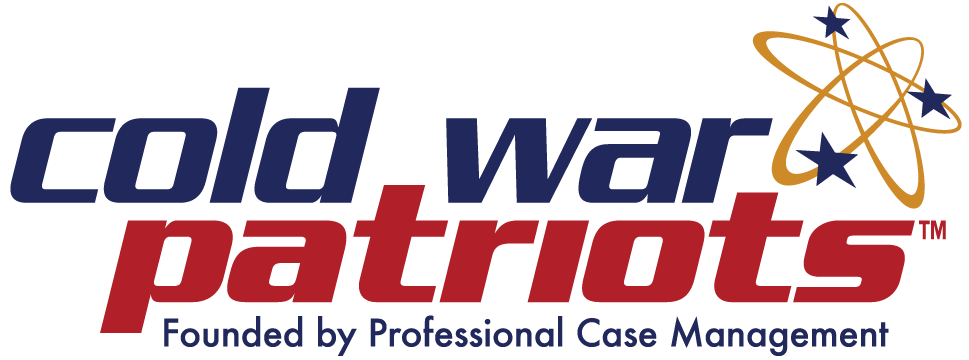
CWP Blog | CWP
Discussions with Deb: Looking Backward
May 3, 2019
May 3, 2019
CWP
CWP Blog
I guess by now you all know I love documents. Some people are archaeologists who dig up history in the dirt. I dig up the dirt in documents.
Since the U.S. Department of Labor (DOL) has released its newest Rules regarding the Energy Employees Occupational Illness Compensation Program (EEOICP), I thought it would be useful to take a look backward in time to see what issues there were with DOL’s earlier Rules, and to see if, and how, things have changed.
DOL has stated that these new Rules will help claimants. Let’s examine that statement in light of some historical documents.
In 2001 DOL established EEOICP and the first Rules for the program. DOL said,
“To qualify for compensation, employees will have to provide the Labor Department with their employment history and medical records showing evidence of the covered disease. The Energy Department will provide employment records whenever possible, but employment history may also be established through other evidence, such as Social Security, pension and union records or through statements by co-workers or other contacts. Survivors will need the same work and medical records for the deceased worker to qualify for compensation.”
This is interesting. At the program’s inception the DOL acknowledged that statements by “co-workers or other contacts” were valuable sources of information for proving employment. § 30.112(b)(3) but the new Rules waters this down to, “If the only evidence of covered employment is a self-serving affidavit and DOE or another entity either disagrees with the assertion of covered employment or cannot concur or disagree with the assertion of covered employment, then OWCP may reject the claim based upon a lack of evidence of covered employment.”
This doesn’t seem helpful to sick workers trying to prove whether they worked at a covered site or not.
On June 18, 2001 the Paper, Allied-Industrial, Chemical and Energy Workers International Union (PACE) expressed concerns about how DOL was interpreting adjudication of EEOICP claims.
“The officials who control the initial claim determinations also control the appeals process. By contrast, claimants under the Longshore & Harbor Workers Act and the Black Lung Program are offered a formal hearing before an independent administrative law judge within the DOL” and “The regulations state that the hearing officer handling the appeals is not bound by rules of evidence, or by any technical or rules of procedure.”
This is still in effect in the new Rules. And not helpful to claimants.
PACE also spoke out about DOL’s policy, still in operation, that uses DOL contract physicians to resolve disputes on medical issues, “The rules deny a fair resolution to medical disagreements. The regulations fail to balance the interests of the claimant and the DOL when there is a conflict between the medical opinion of the employee’s physician and the medical opinion of the DOL’s doctor or consultant. The DOL appoints a third physician-known as a “referee”– to make a medical recommendation. The employee has no voice in how the “referee” doctor is chosen. A referee who is picked by one party to a disagreement is hardly a neutral third party….The regulation unfairly grants the DOL the authority to choose a doctor that reflects its interests, instead of balancing interests between the claimant and the DOL.”
This rule still applies. And is not helpful to claimants.
On October 5, 2001 31 U.S. Congressmen requested correction of several errors and oversights, saying,
“The amendment contained in the Senate-passed Bill correct several errors, oversights or technical matters related to:
- Adjusting the definition of a “survivor” for uranium miners and nuclear weapons workers to eliminate a requirement that survivors must have been under the age of 18 when the covered worker died.”
The definition of a survivor was changed for Part B claims, but remains in effect for Part E claims, apparently against Congressional intent.
In 2005, a Congressman raised an issue with DOL using the Fifth Edition of the AMA Guides for impairment ratings. The concern was that newly identified illnesses might not be evaluated. DOL replied that this edition was mandated by the law and admitted that emotional illnesses could not be covered.
The Congressman then stated that DOL’s Rule did not address Congressional intent to provide for independent physician panel reviews where there are disputes over causation of an illness from exposure to toxic substances or wage loss attributable to such illness.
The DOL replied that independent physician panel reviews were inefficient and extremely time-consuming, but that they would consider them for Part E cases.
The current Rule and policy of using DOL contract and staff physicians to make these decisions are clearly out of step with Congressional intent.
Even after comparing the old Rules I don’t see any improvements for claimants. The DOL’s Rule changes do make things easier for the DOL. It would be nice at some point if they “improved” their Rules to make things easier for claimants instead of for themselves.
